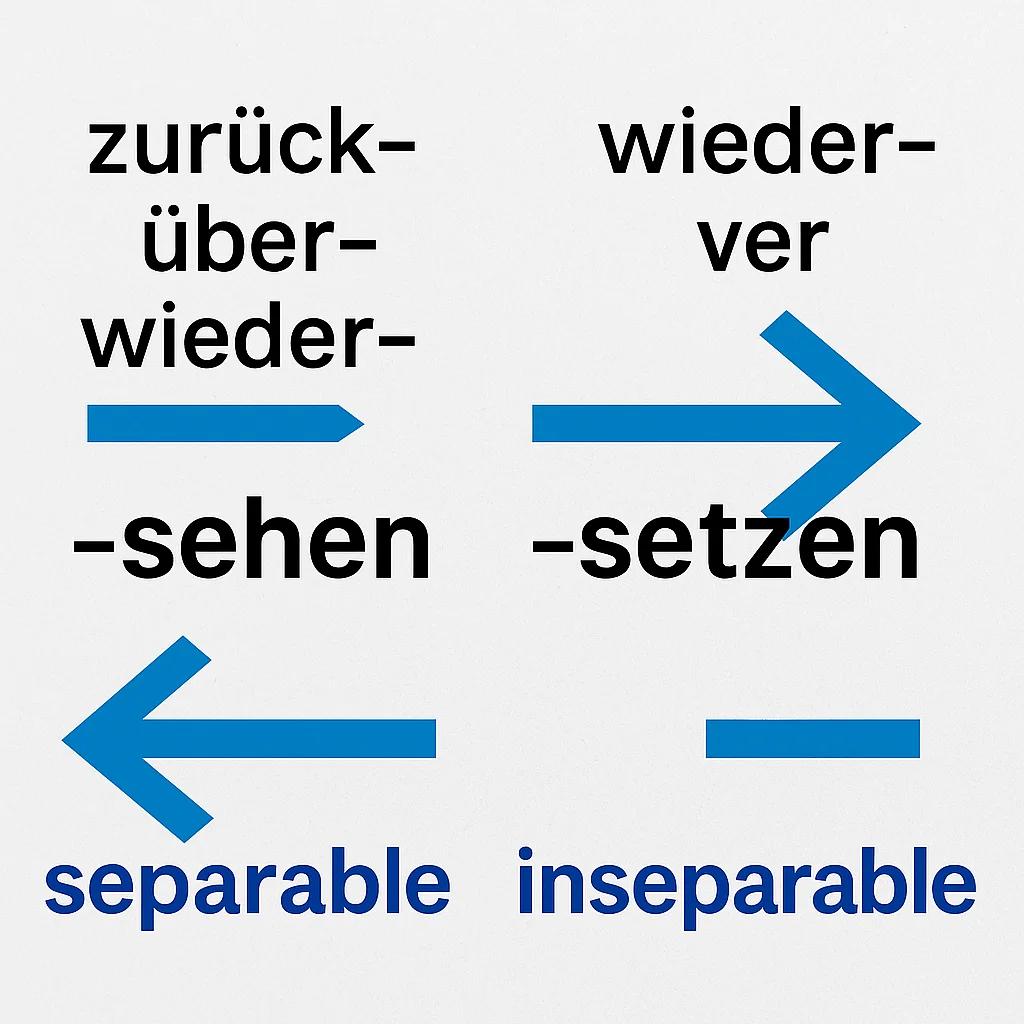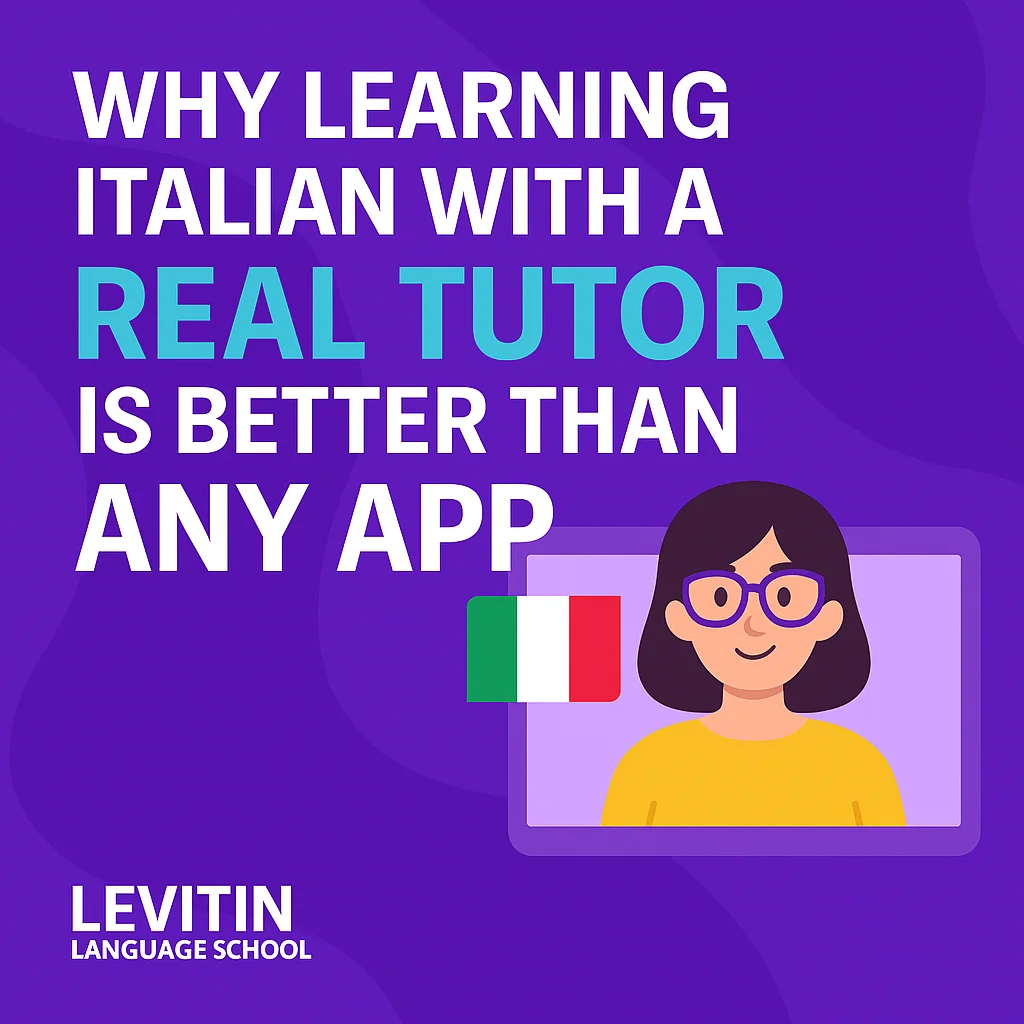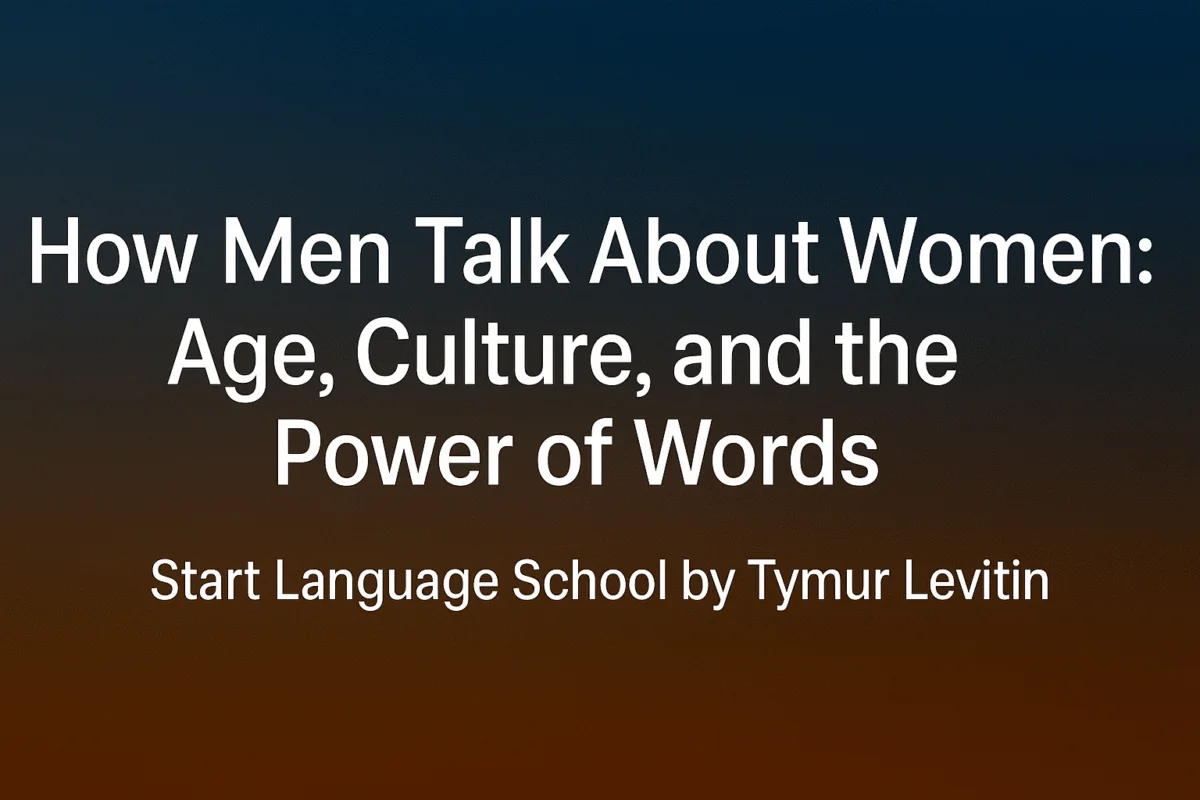(En cualquier idioma)
Por el profesor Tony ArtigasPublicado en colaboración con Tymur LevitinFundador de Levitin Language School y Start Language School by Tymur Levitin
Introducción
Cuando hacemos preguntas para obtener información, la camino que pedimos es tan importante como qué preguntamos. Esto se aplica a cualquier idioma. La capacidad de preguntar bien es una herramienta fundamental de investigación, que puede utilizarse con habilidad o desperdiciarse por descuido.
Hacer preguntas es tanto una ciencia como un arte.
En ciencia radica en cómo estructuras tus preguntas y cómo enlazas unas con otras.
En arte vive en tu tono de voz, tu elección creativa de palabras, tu lenguaje corporal y el contexto en torno a la pregunta.
La técnica lo es todo.
El cuestionamiento no es un acto secundario: es el acto principal. Y, sin embargo, la mayoría de nosotros nunca nos preparamos para ello.
Dos tipos de preguntas en cada idioma
Para inducir a alguien a darnos una respuesta, nos basamos en dos tipos básicos de preguntas:
- Preguntas con verbo
- Preguntas interrogativas
1. Preguntas con verbo
Las preguntas guiadas por verbos comienzan con verbos como:
Is, isn't, can, can't, will, won't, do you, have you, are you, has he, does she...
Este tipo de preguntas son sencillas, pero superficiales. Suelen dar lugar a respuestas breves y poco reveladoras:
- Sí - típicamente la respuesta que esperamos cuando buscamos un acuerdo.
- No - el que teme un orador inexperto.
- Tal vez - vaga, confusa y a menudo contraproducente. Nubla la visión y la toma de decisiones. Crea falsas expectativas de un resultado positivo.
Pruebe a hacer este tipo de preguntas en su propio idioma, o en cualquier otro que hable. El resultado es el mismo: pueden responderse rápidamente y cerrarse en banda con facilidad.
Y a menos que la otra persona decida dar más detalles, es posible que usted se quede sólo con una reafirmación.
2. Preguntas interrogativas
Las preguntas interrogativas empiezan con palabras como:
Quién, Qué, Cuándo, Dónde, Cómo, Cuál, Por qué
Son cuestiones de descubrimiento.
Exigen algo más que un sí o un no. Abren el diálogo, fomentan la reflexión y suscitan detalles significativos. Invitan a ampliar y explorar.
Algunos ejemplos son:
- "¿Cuándo empieza el curso?"
- "¿Cómo se estructurará?"
- "¿Quién tiene la mayor influencia en esta decisión?"
- "¿Dónde se hará la llamada final?"
Éstas son las preguntas más seguras y productivas. Desvelan antecedentes, revelan motivaciones y aclaran necesidades. Y lo que es aún más importante, a menudo ayudan a la persona que responde a descubrir lo que no había visto o entendido antes.
Pocas de estas preguntas pueden responderse con un simple sí, no o quizá.
La pregunta más poderosa en cualquier idioma:
"¿Qué puedo hacer por usted?"
¿Quién tiene realmente el control en una conversación, el que habla o el que escucha?
Es el oyente. Siempre.
Si quieres mantener la calma, la claridad y el control, deja hablar a la otra persona. Cuanto más hablan, más revelan.
Cuando alguien habla, te está hablando desde su mundo. Y cuando preguntas: "¿Qué puedo hacer por ti?", les invitas a permanecer en ese espacio y a sentirse seguros. Su respuesta te permite entrar en su perspectiva: su visión, su frustración, su esperanza.
Preguntado con sinceridad y en un tono tranquilo y respetuoso (no con impaciencia o frustración), puede resultar profundamente reconfortante.
Piense en un momento en el que se sintió abrumado y alguien le hizo esa pregunta.
Es como si el peso sobre tus hombros se aliviara.
Esta pregunta, u otra similar, como "¿En qué puedo ayudarle?" - muestra que no estás necesitadoy que estás presente, confiado y abierto.
Elimina la presión de la conversación y genera una confianza genuina. Tu interlocutor puede incluso sentir alivio, porque ve una posibilidad: tal vez usted son alguien que puede ayudar de verdad.
Reflexión final
Preguntar bien es dirigir bien.
Para entender a alguien -en cualquier idioma- no hay que partir de suposiciones, ni de respuestas, sino de mejores preguntas.
Dominar la forma de pedir es dominar la forma de conectar.
Sobre los autores
Profesor Tony Artigas es experto en comunicación, liderazgo y negociación estratégica. Es conocido por su capacidad para hacer del lenguaje una herramienta de claridad, no de confusión.
Este artículo se ha publicado en colaboración con Tymur Levitinfundador de Escuela de idiomas Levitin y Iniciar la Escuela de Idiomas por Tymur Levitincomo parte de un compromiso compartido con la comunicación consciente y la educación lingüística global.
Leer en español
📖 Artículo original (in English):
👉 La importancia de saber preguntar - por el Profesor Tony Artigas
Más de la Escuela de Idiomas Levitin
🌍 Explore nuestro blog
🇺🇸 Visite nuestro blog de EE.UU.
🗣️ Elija su idioma
🔗 Más artículos en nuestro blog
























